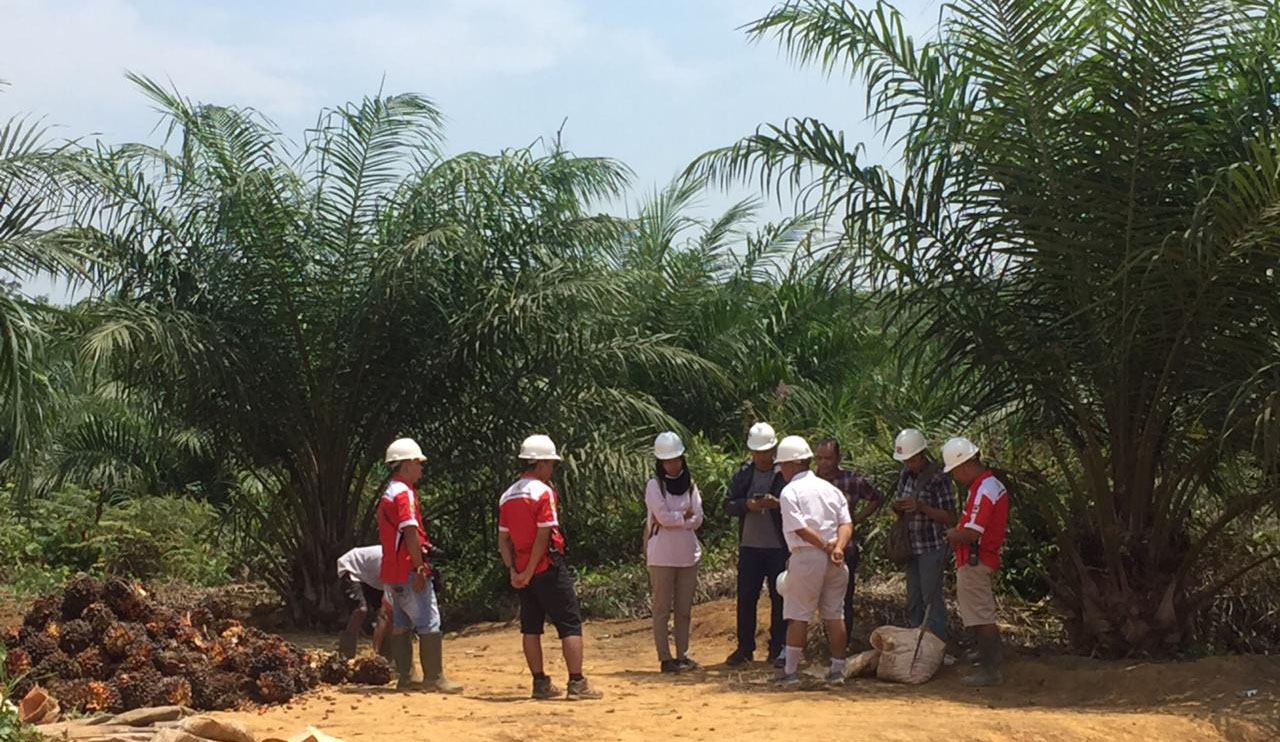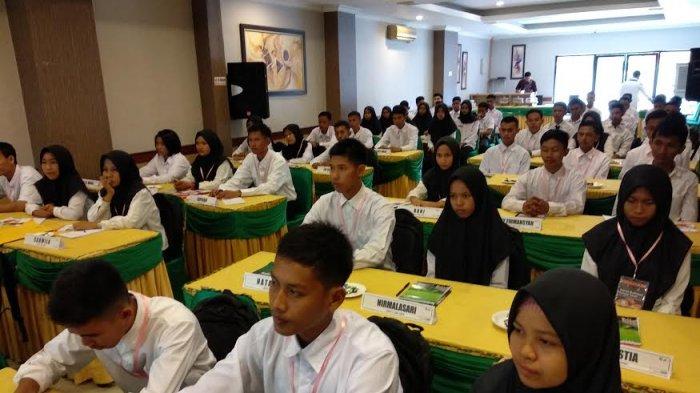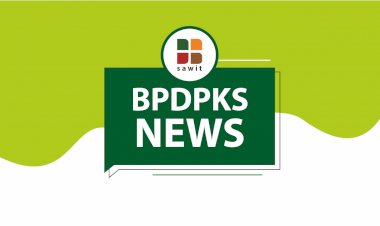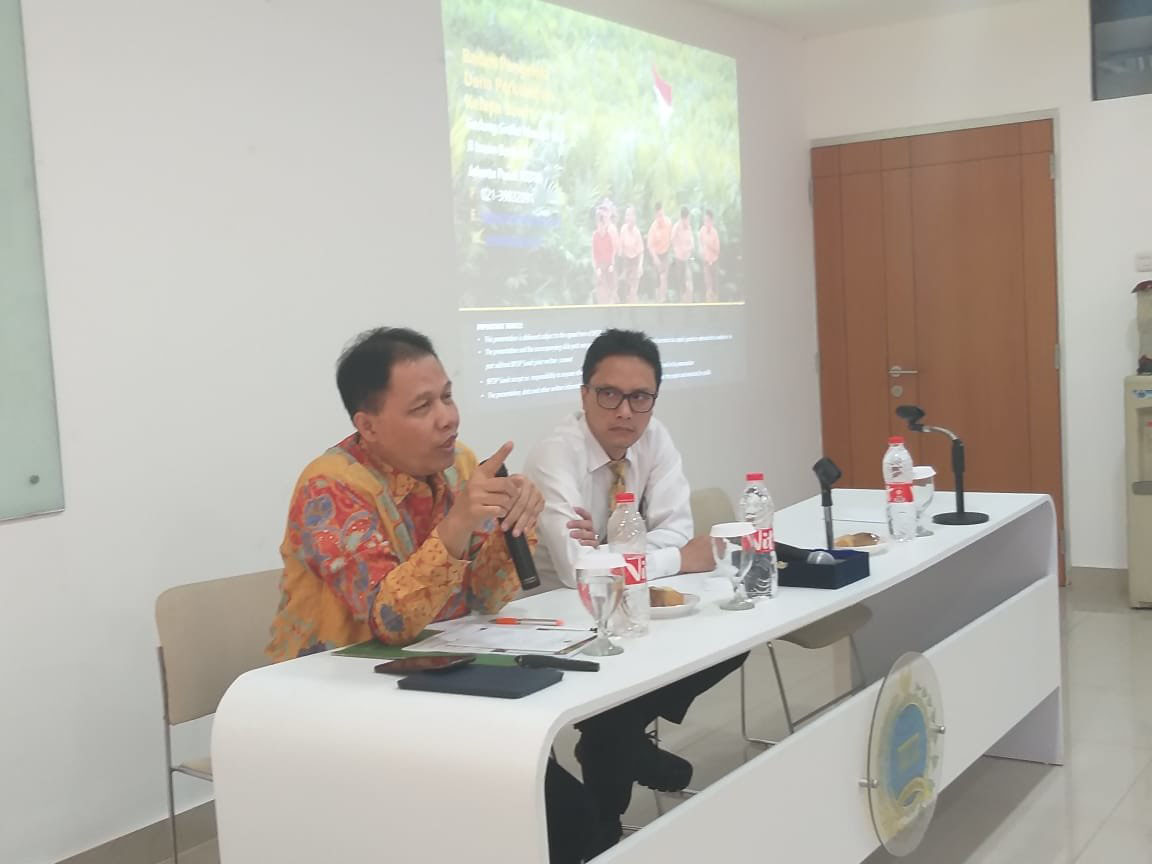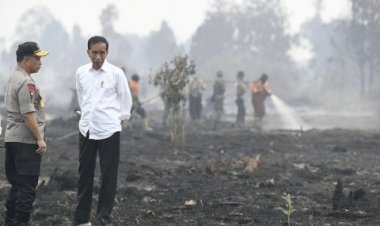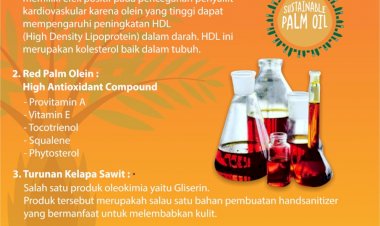BPDP ARTICLE: IS FLEGT AT RISK?
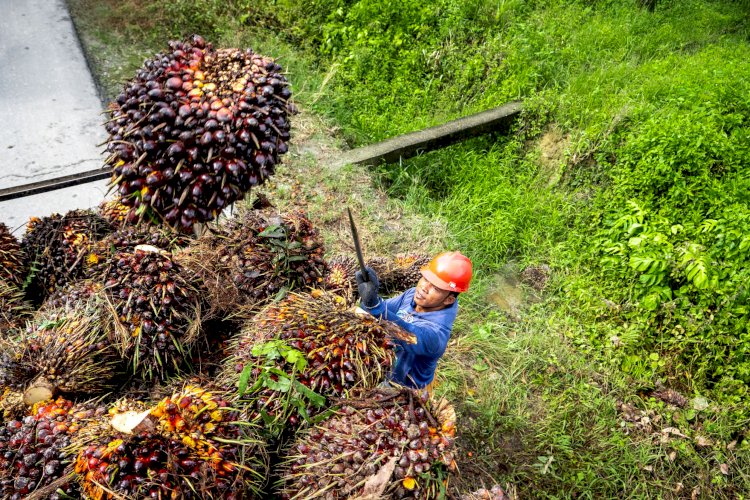
BPDP ARTICLE: IS FLEGT AT RISK?
- The FLEGT agreement between Indonesia and the EU has been a successful relationship that has curbed illegal logging and deforestation over more than a decade.
- However, the EU’s new Deforestation Regulation will undo that success, and potentially set back Indonesia-EU cooperation on the environment.
- This is a bad signal for Indonesia’s commodity producers and exporters, and undermines the EU’s flagging reputation in the region.
In 2013, Indonesia and the EU signed an agreement that guaranteed Indonesia’s timber product exports would be legal. The Voluntary Partnership Agreement (VPA) was part of a broader approach on forest legality from the EU known as FLEGT (Forest Law Enforcement, Governance and Trade).
The agreement followed nearly seven years of negotiations between the two partners.
It established a system of legality certification in Indonesia (known as SVLK), and certificates for exports (V-Legal Documents). At the European end, it meant that all Indonesian timber product exports (including paper) would satisfy the EU’s new rules on timber legality, known as the EU Timber Regulation (EUTR).
Under the EUTR, importers of timber products are required to verify that those products come from legal sources. This could be satisfied in a number of ways, through voluntary certification, for example. However, the VPA – in theory at least – should have given Indonesian products an edge.
The VPA was the end result of a significant amount of diplomatic and technical work to develop the certification and verification systems required to implement the system. The EU had envisaged signing similar agreements with other forested countries around the world.
The EUTR and the VPA were the product of a great deal of concern about ‘illegal’ logging taking place around the world that emerged in the late 1990s and early 2000s, particularly as a driver of deforestation. There was a large assumption that ending the illegal timber trade would go some way to curbing deforestation.
This was in part driven by environmental NGOs, and protectionist industries (particularly in the US and EU) that saw illegal logging regulations as a means of keeping out highly competitive paper products from Indonesia. As with palm oil, these products were subjected to antidumping and countervailing tariffs.
However, as data on deforestation improved in the late 2000s, it became apparent that it was agriculture – food production –and not timber products that are a greater cause of deforestation.
As a result, around the time the VPA was signed, the European Commission commenced work on ways the European Union could reduce deforestation from all crops -- not just timber. The culmination of almost a decade’s work is the EU’s Deforestation Regulation, which is currently being debated by the different arms of the EU government.
There are significant parallels between the EUTR and the new regulation. The key difference between the VPA-FLEGT and the Deforestation Regulation is that VPA-FLEGT has eliminated illegality, and the Deforestation Regulation is seeking to eliminate deforestation, legal or otherwise.
This creates a problem in that the Deforestation Regulation will also apply to timber products. The regulation itself states that products certified under the VPA will only go part of the way to meeting the requirements of the Deforestation Regulation.
The question is now how the Deforestation Regulation puts the FLEGT agreement – and the entire SVLK certification system – at risk.
If the EU is nor prepared to accept SVLK as a valid form of certification for meeting Deforestation Regulation requirements and therefore entering the European Union, is there any point in maintaining the system at all?
Many of Indonesia’s stakeholders in the forest sector are understandably concerned, particularly as there has been considerable time and resources placed not just into developing the system, but also ensuring that timber producers and exporters are certified.
They have also charged the European Union with ‘moving the goalposts’ after having come to a solution that satisfied both European and Indonesian stakeholders.
This concern has also spread to the palm oil sector. The EU appears to be repeating patterns of ‘changing the rules’ on its import regulations, just as it has with the palm-based biofuels. If palm oil can meet the EU regulations now, will this change a year from now?
There have been few assurances from Brussels about what might happen next, and there do not appear to be many coming. Trust in the European Union’s approach to FLEGT has undoubtedly been eroded.


